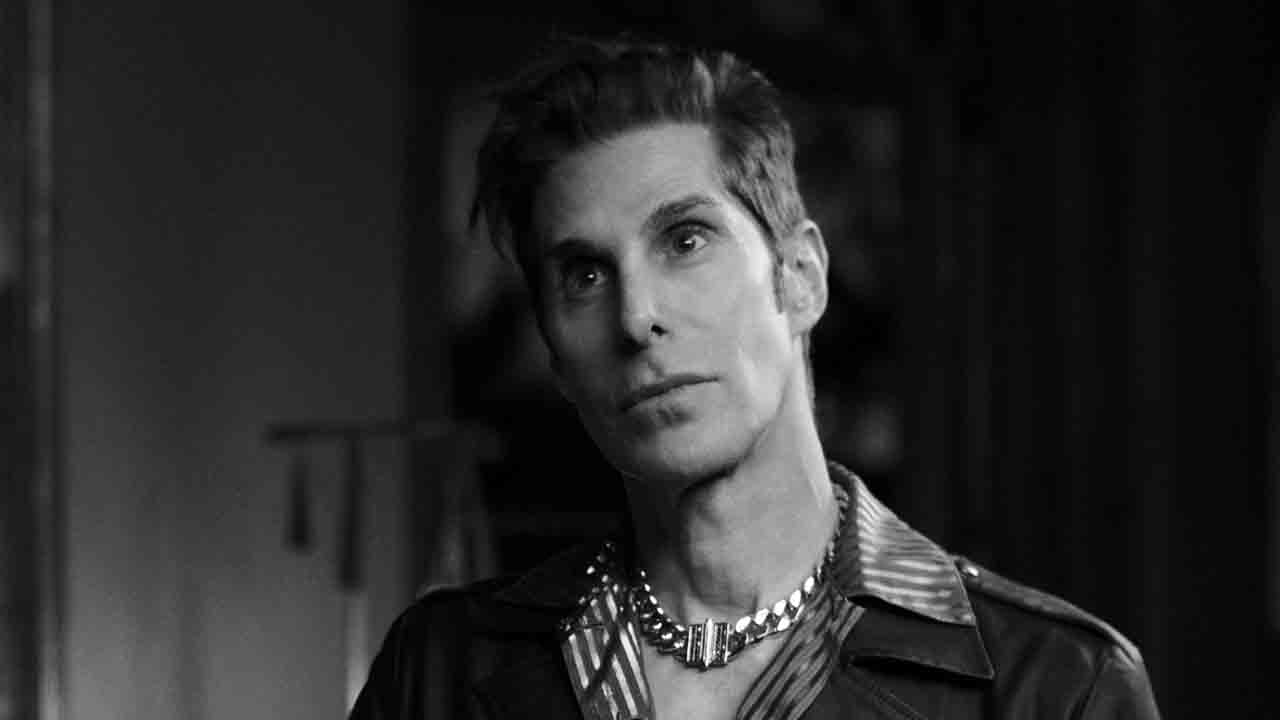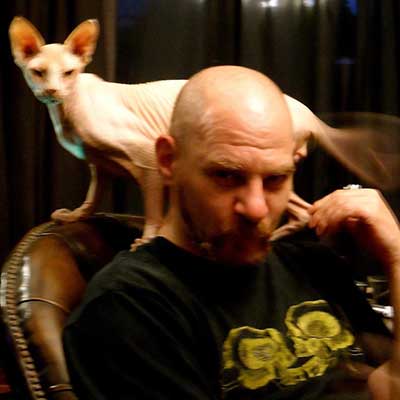Jane’s Addiction singer, Lollapalooza founder, godfather of the alternative nation – Perry Farrell is all of these and more. Shooting to fame in the late 80s as music’s foremost junkie-shamen, Jane’s helped pave the way for the likes of Faith No More and Nirvana and everything that came in their wake before crashing and burning following 1991’s majestic Ritual de lo Habitual album. The band have reformed several times over the years, while Farrell has carved out a career as a solo musician, entrepreneur and activist. His latest solo album, Kind Heaven, was released in 2019.

What’s the worst thing about being in a band?
“I’ve been in band situations for 35 years and god bless all my bandmates, but it’s very difficult to keep a band going because we all are individual artists and when every decision has to pass through four separate lives, it becomes difficult. Artistically, I’m enjoying all the new collaborations with the new record, but I also like being able to be the captain of the ship and driving where I want to go.”
What’s the best piece of advice you’ve ever been given?
“That I should copyright Lollopalooza. It’s helped keep it what it is, and the wonderful thing about having Lollapalooza in my life is that I feel like my heart is connected with so many great, contemporary artists.”
- Jane's Addiction: how LA’s weirdest band made Nothing's Shocking
- 10 essential alt-metal albums
- Tapeworm: the Nine Inch Nails, Pantera and Tool supergroup that never was
- The tragic story of Eros – the great lost Deftones album
When was the first time you felt like a rock star?
“Honestly, it was looking at myself in a mirror when I was 18. That was a defining moment for me because I was singing along to The Rolling Stones. I was nowhere and nobody, but I always loved music and had nothing to lose. I had to feel it to become it.”
When was the last time you cried?
“It was this morning. My wife showed me a story about this town in Japan, Otsuchi, that was hit by a huge earthquake [in 2011]. Someone put up a phone booth where you could talk to the deceased. Tens of thousands of people have used it. I started to imagine the emotions as you step up to the booth with the hopes of hearing from your loved one. That made me cry, because it was such a beautiful idea. It was placed it up on a hill so that when you pick up the phone, you will hear the wind, and I think the wind carries spirits, for sure.”
Have you had personal encounters with spirits?
“Yes. I had a personal awakening around 1993. I had what you would call a vast visitation of energy. I was able to speak with a spirit for five minutes. I was asking questions and it was answering my questions.”
How did that experience affect you?
“It’s why I started to study the Kabbalah, because I do think that we all need to understand that other world. I started to study all the information I could about the subject. It’s a fascinating subject and it’s led me to trying to be a kind, charitable person and to striving for peace. So that’s not too bad a lesson.”
What was your worst experience on drugs?
“It was watching somebody who I did drugs with get a big cyst on their arm and they had to go to the hospital. So it wasn’t really anything that I actually went through. I’ve woken up from overdoses quite a few times, but I didn’t feel anything, so I really can’t count that as a bad experience. It hurts worse when you see someone that you care about in pain.”
Kind Heaven is a vast and varied album. Did you look to any artists for inspiration?
“I was looking at The Who, Pink Floyd, David Bowie and The Beatles, but it was mainly derived from a concept. It’s never been easier to spread a message in this social media age, and so I’m making art out of the prophecies of the returning Messiah.”
How so?
“If the Messiah were to return now, what a load of shit [he] would step into! So I put my mind to playing out what the world would be like when the Messiah returns. It would be a pretty messed-up place. But within that, just like any good Hollywood story, there’s also a love story.”
Is there any song from your past that’s been particularly important to you?
“I have this song I did with [early 00s post-Jane’s Addiction band] Satellite Party called The Woman In The Window that features lost a recording of [late Doors frontman] Jim Morrison that he made the night before he left LA for Paris. I got the tape from some guy from Israel, and he told me that he spoke to Jim Morrison on the other side, and he wanted me to have this music. I went to The Doors’ manager at the time, Danny Sugarman, and told him I got this music. He was dumbfounded. He had never heard it before. But anyway, he gave me permission, and I arranged and put the music behind Jim Morrison. It’s like you’re hearing Jim singing from beyond the grave.”
Published in Metal Hammer #325

